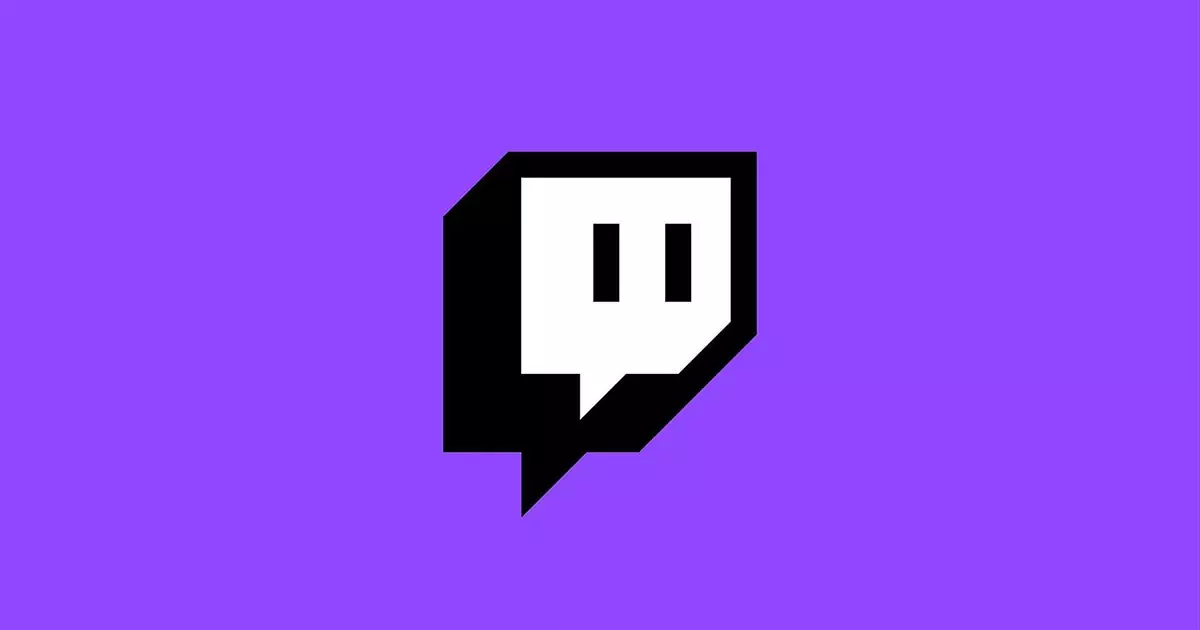The world of online streaming can be a treacherous landscape filled with nuances, responsibilities, and ethical considerations. Recently, a significant incident unfolded involving Zack Hoyt, widely known as Asmongold, and Twitch—a platform at the crossroads of culture and public discourse. This incident raised sharp questions regarding freedom of expression, the responsibilities of influencers, and the adequacy of platform moderation when faced with incendiary remarks. The purpose of this article is not merely to recount the events but to engage critically with the implications surrounding them.
The Triggering Incident
In October 2023, Asmongold faced a two-week suspension on Twitch following inflammatory comments regarding Israel’s military actions against Palestinians in Gaza. This suspension reflects Twitch’s struggle to balance the freedom of expression with the consequences of hate speech, particularly in a time of escalating geopolitical tensions and humanitarian crises. During his stream, Asmongold made statements that many categorized as genocidal, indicating a stark disregard for the cultural and human realities faced by those he criticized. His remarks not only highlighted a particular worldview, one steeped in stark binaries of good and evil but also showcased a form of rhetoric that can incite further hate.
Understanding Context: The Palestinian-Israeli Conflict
To appreciate the full weight of Asmongold’s comments, one must understand the context of the Israeli-Palestinian conflict. October 2023 marked a significant escalation when armed groups, led by Hamas, crossed into Israel, resulting in widespread violence. The subsequent military response from the Israeli government, characterized as disproportionate by various human rights organizations, resulted in staggering casualties among the Palestinian population. These events represent years of complex political, social, and cultural strife—issues that cannot be simplified into the dichotomous rhetoric often found in gaming communities or social media platforms.
By framing the situation through a lens of moral absolutes, Asmongold inadvertently reduced an intricate historical narrative into a single, volatile moment. Such a reduction not only distorts reality but can foster dangerous perceptions that contribute to a cycle of dehumanization.
Twitch, as a major player in the online streaming arena, has inherent responsibilities. Moderating the discourse on a platform that boasts millions of viewers shapes public opinion. In response to Asmongold’s remarks, Twitch imposed a two-week ban, a move that has been criticized by many as insufficient given the gravity of the rhetoric used. The reality of social media platforms is that they often oscillate between being champions of free speech and enforcers of community guidelines. This incident illustrates the difficulty Twitch faces in defining the lines of acceptable speech, particularly when confronted with the inflammatory views of high-profile streamers.
Moreover, compared to past incidents, Asmongold’s ban seems mild, especially when considering Twitch’s prior actions, such as the ban of former President Donald Trump following the Capitol riots. The inconsistency raises concerns about how platform policies are applied—whether they can effectively establish a fair and just framework for speech and behavior, particularly regarding significant societal issues.
As a significant influencer, Asmongold’s statements have the potential to shape the perspectives of his millions of followers. His comments and their subsequent sanction could create a dichotomy of opinions—those who agree with him may find validation, while others may view the actions as despicable. The real concern lies in the culture that emerges from such discourse. Does it foster understanding and compassion or promote divisiveness and hatred?
Asmongold’s commentary reflects a broader societal tendency toward the demonization of ‘the other.’ His framing of Palestinian culture as ‘inferior’ underscores a worrying trend in which entire groups are dehumanized based on stereotypes, leading ultimately to increased hostility and violence during an already critical period.
The incident involving Asmongold serves as a crucial touchpoint for examining the intersection of streaming culture and ethical responsibility. While Twitch’s response may alter the trajectory of discourse on its platform, it also highlights the potential consequences of a few careless words. Asmore influencers ascend to prominence, it is increasingly critical for platforms to implement more robust guidelines that not only deter hate speech but also encourage thoughtful and nuanced dialogue.
In a world shaped by social media, the responsibility lies not just with the platforms, but also with their users to engage in discussions that foster understanding, empathy, and accountability. Moving forward, both streamers like Asmongold and the platforms they operate on must grapple with the implications of their reach and the narratives they promote in an interconnected global landscape.


Leave a Reply